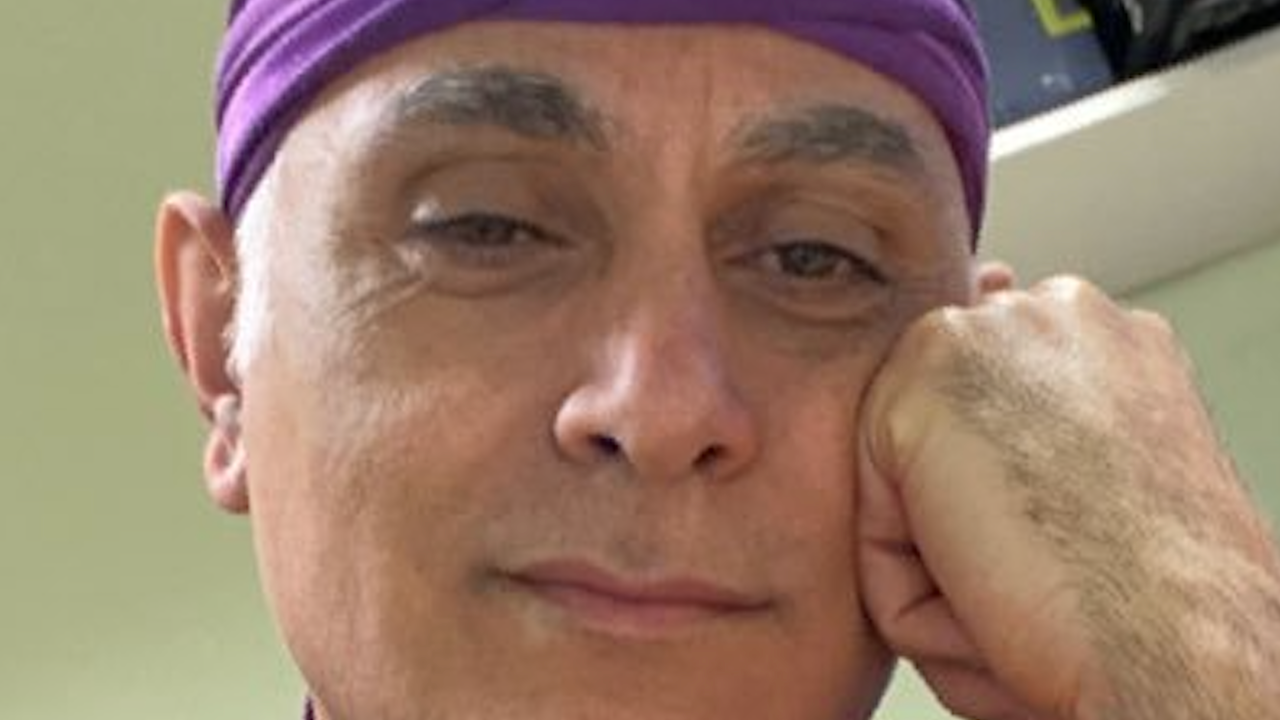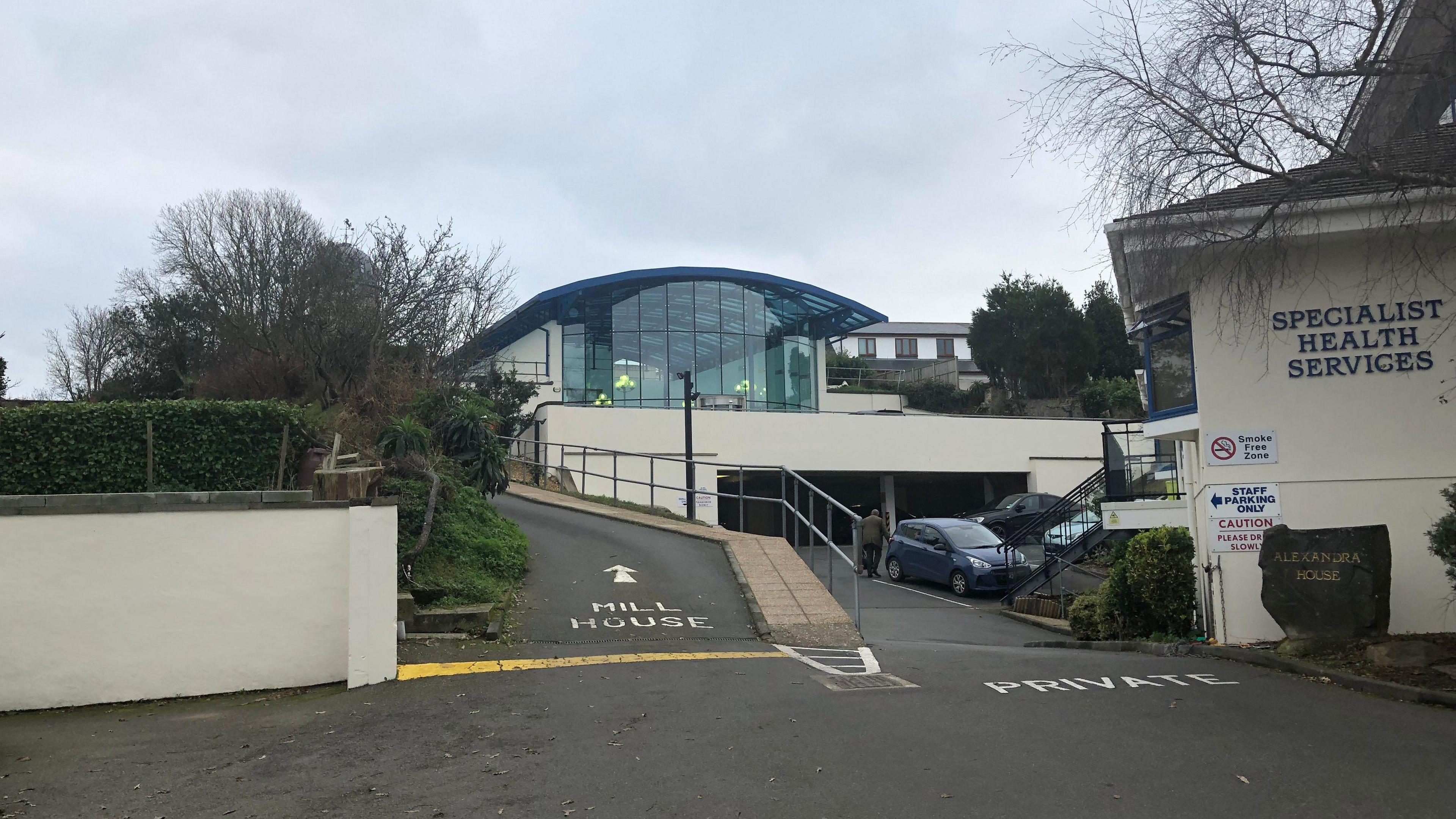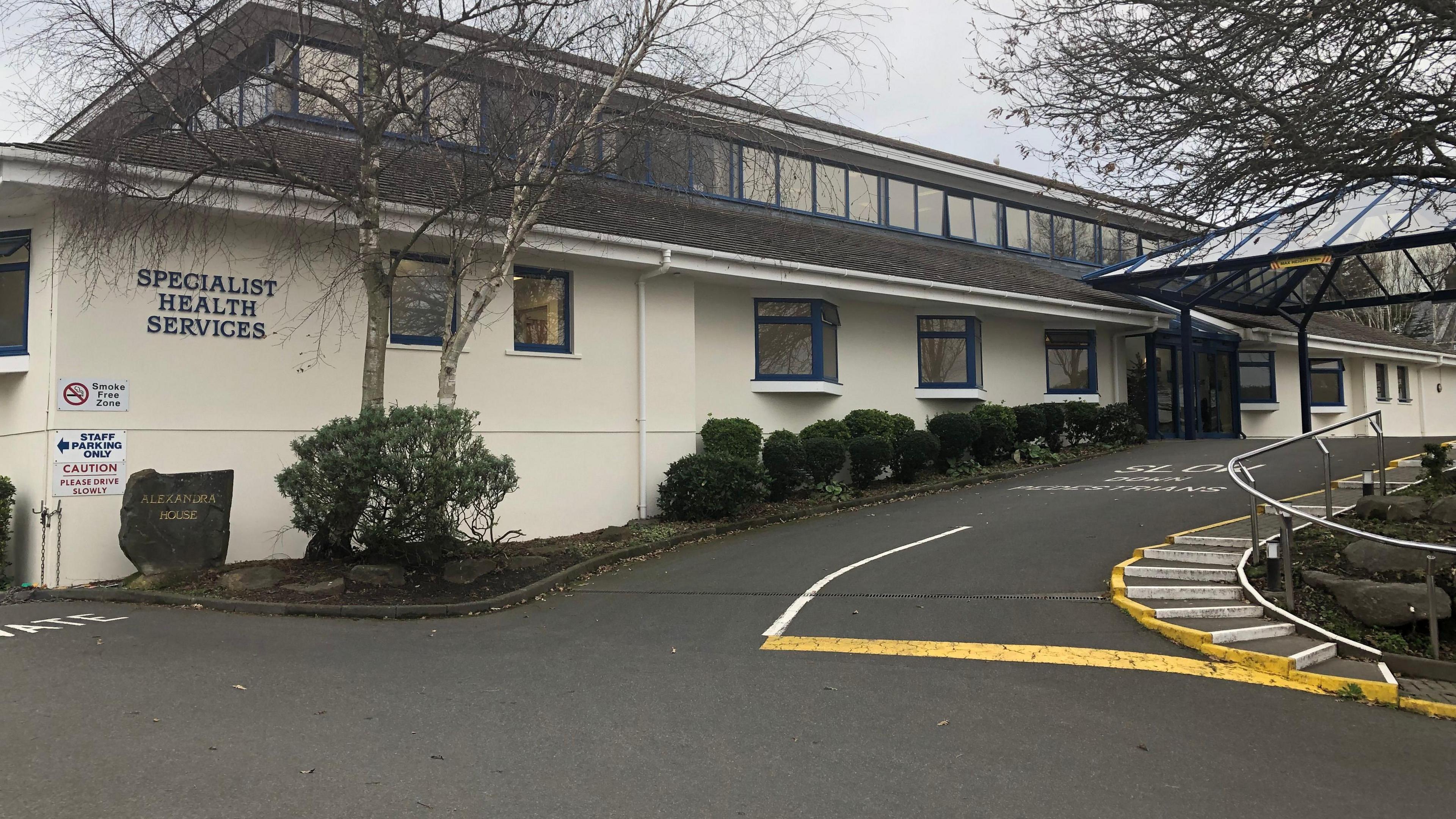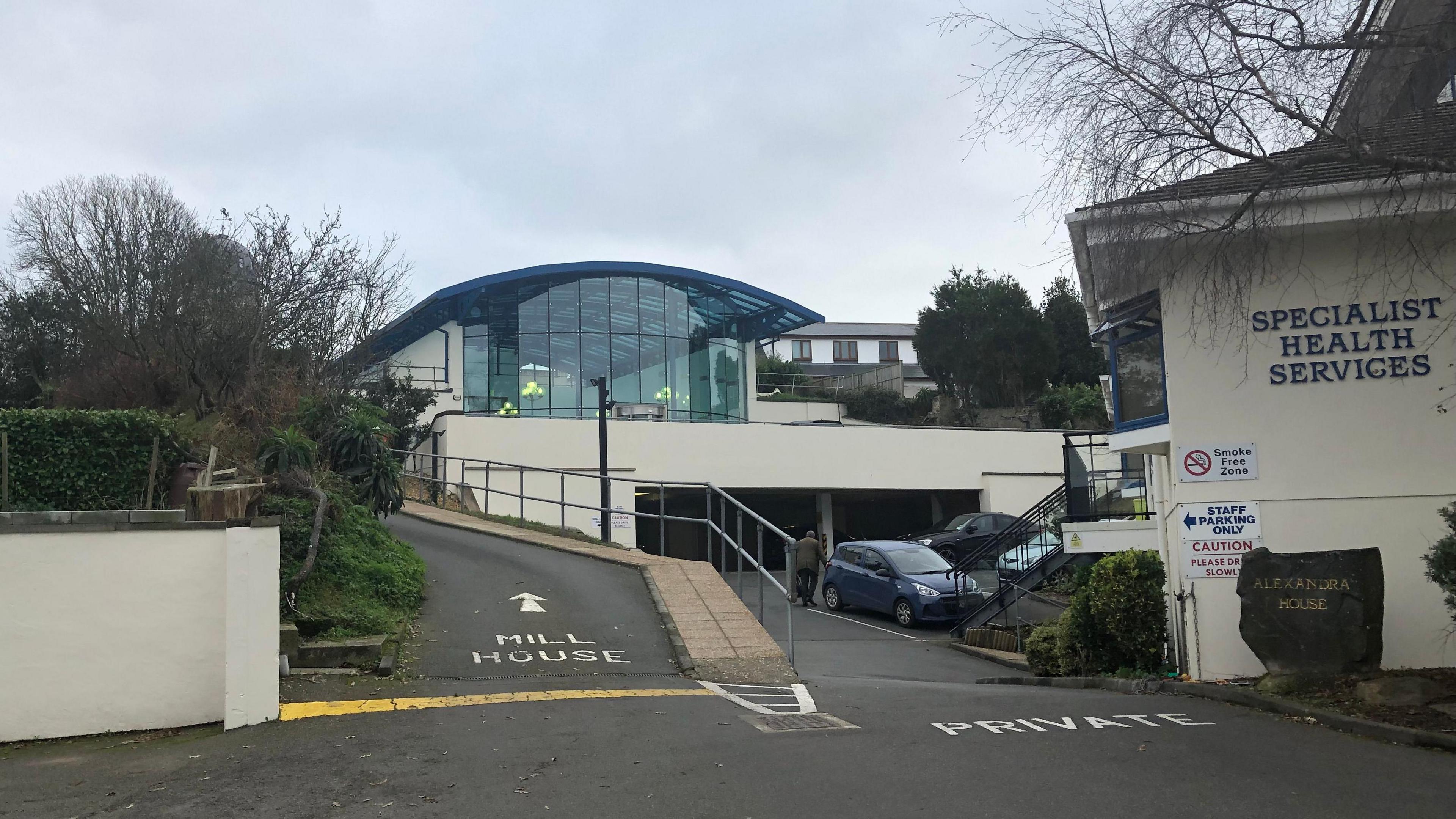Misconduct doctor decision flawed, court hears

Dr Ali Shokouh-Amiri worked as a partner at the Medical Specialist Group (MSG) in Guernsey from 2016 to 2019
- Published
A doctor who admitted removing the ovaries of two women without their consent is facing an appeal against a decision to allow him to continue practising.
Ali Shokouh-Amiri was given a warning by the Medical Practitioners Tribunal Service (MPTS) at a hearing in February.
Dr Ali Shokouh-Amiri worked as a partner at the Medical Specialist Group (MSG) in Guernsey from 2016 to 2019 and faced a range of allegations relating to six patients under his care there.
The Administrative Court at the Royal Courts of Justice in London heard the General Medical Council (GMC) was appealing the outcome of the tribunal on four grounds.
Jenni Richards KC, for the GMC, said three of the grounds for appeal related to how the MPTS dealt with findings of fact and the fourth was the decision by the panel that Dr Shokouh-Amiri's fitness to practice was not impaired.
Ms Richards said the GMC did not "lightly embark on appeals" but the decisions from the tribunal had been "not sufficient for the protection of the public".
She said the panel's approach was "beset by flaws" and "fundamentally problematic".
At the tribunal, Mr Shokouh-Amiri admitted hugging patients, performing intimate examinations without a chaperone and it was proven he had rubbed or touched a patient's leg, as well as hugged her following a consultation.
He faced more than 100 allegations of inappropriate behaviour with 24 instances proven.
Ms Richards said she was asking the court to allow the appeal and send the case for a further tribunal hearing with a different panel.

The GMC is appealing a decision made earlier this year by the Medical Practitioners Tribunal Service
The first ground of appeal related to one of the patients known as Patient B, the court heard.
The allegation was on 30 May 2018 Dr Shokouh-Amiri performed surgery on Patient B at the Princess Elizabeth Hospital and failed to check the ureters at the time of the procedure.
The MPTS found this allegation not proven.
Ms Richards said there was a "complete and utter failure" to address the central issue in relation to the allegation.
She said: "How can the public be reassured that the tribunal understood and engaged with the evidence when there is no reference to it whatsoever in the determination?"
Ben Rich, representing Dr Shokouh-Amiri, said his client's case was he did check for injury and even if he had not it would have been obvious as urine would have leaked into the surgical field.
The second ground of appeal related to Patient F and a series of allegations she had made.
These allegations were found not proven by the MPTS.
'Victim blaming'
Ms Richards said: "What we say is that... the tribunal made material errors of fact, misunderstood relevant evidence, failed to consider relevant evidence and gave wholly inadequate reasons for its decisions."
She added some of the panel's findings were "frankly extraordinary" and included an element of "victim blaming for want of a better phrase".
Ground three related to the cross admissibility of evidence heard from Patients A, D and F, Ms Richards said.
In relation to ground four, Ms Richards said tribunal's approach was wrong and "upholding public confidence and standards required a finding of impairment [of fitness to practice]".
Mr Rich said the law noted the "importance of allowing tribunals to make decisions".
He said the credibility of the patients' evidence was at the "centre" of the hearings.
"The tribunal is required essentially to decide who it believes and who it doesn't," he said.
He added the court should not allow the appeal on the basis of insufficient reasons in the tribunal's determination document "unless it is impossible for the court to understand the reasons" on the basis of the underlying evidence.
Dr Shokouh-Amiri currently works as a consultant in obstetrics and gynaecology at Mid and South Essex NHS Foundation Trust and at Southend Hospital.
The hearing, which started on Wednesday, continues.
Follow BBC Guernsey on X, external and Facebook, external and Instagram, external. Send your story ideas to channel.islands@bbc.co.uk, external.
Related topics
- Published1 April

- Published17 February

- Published14 February
